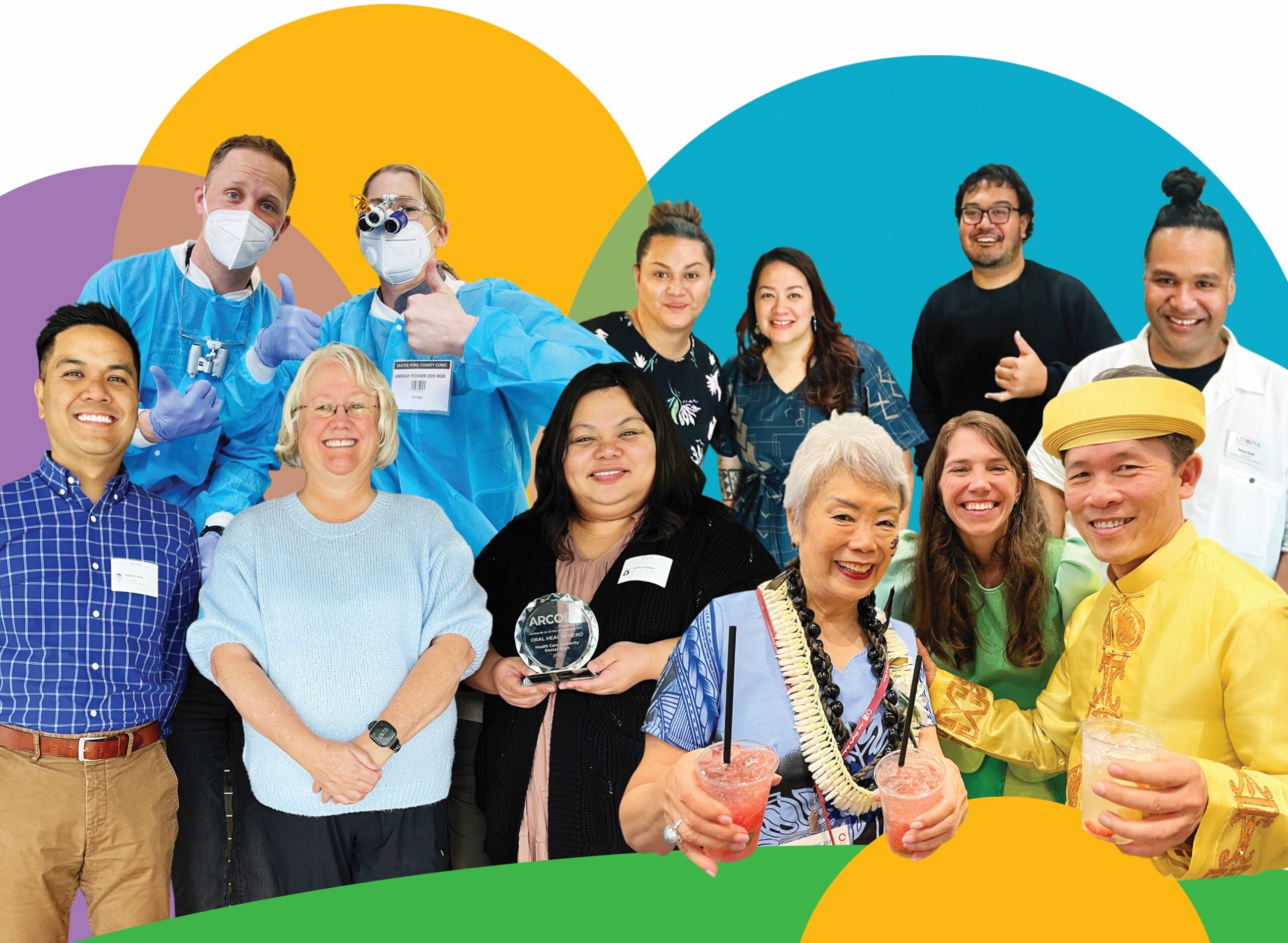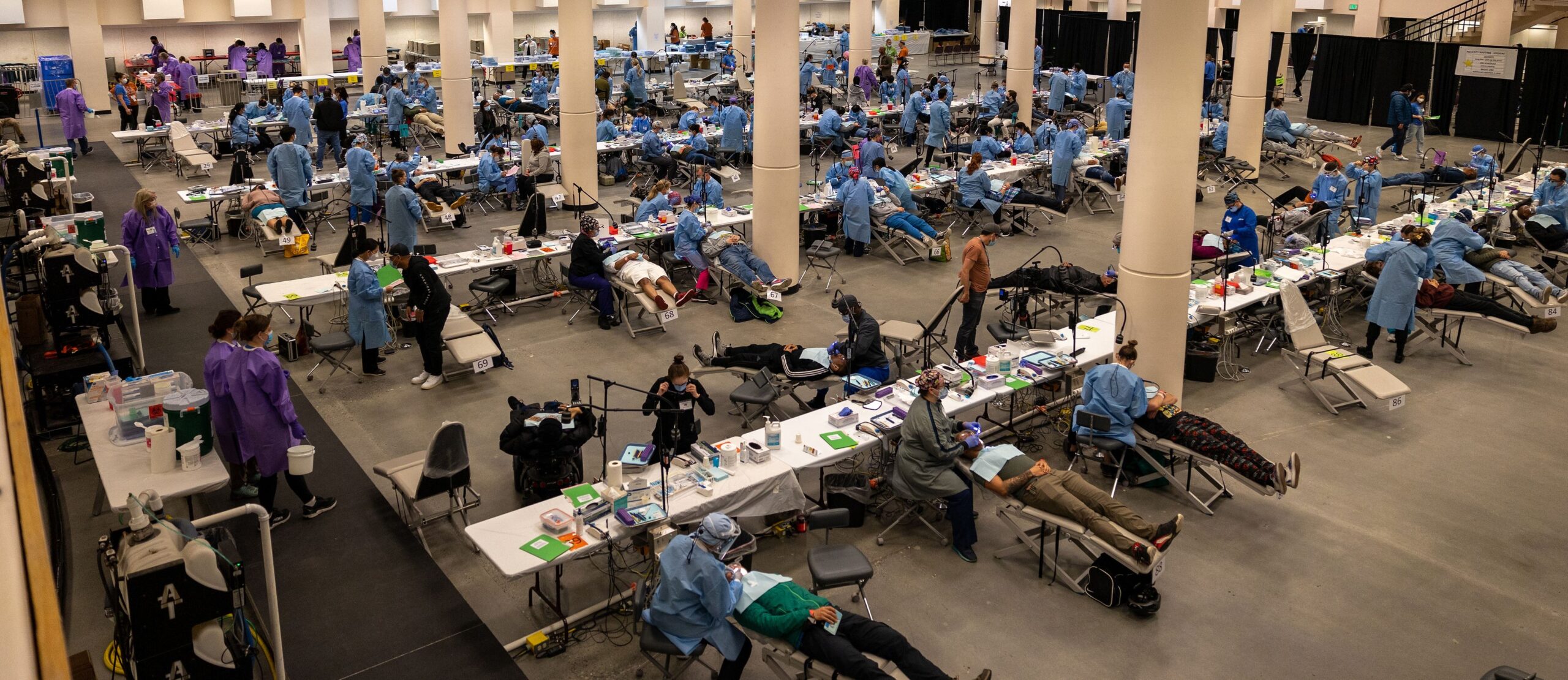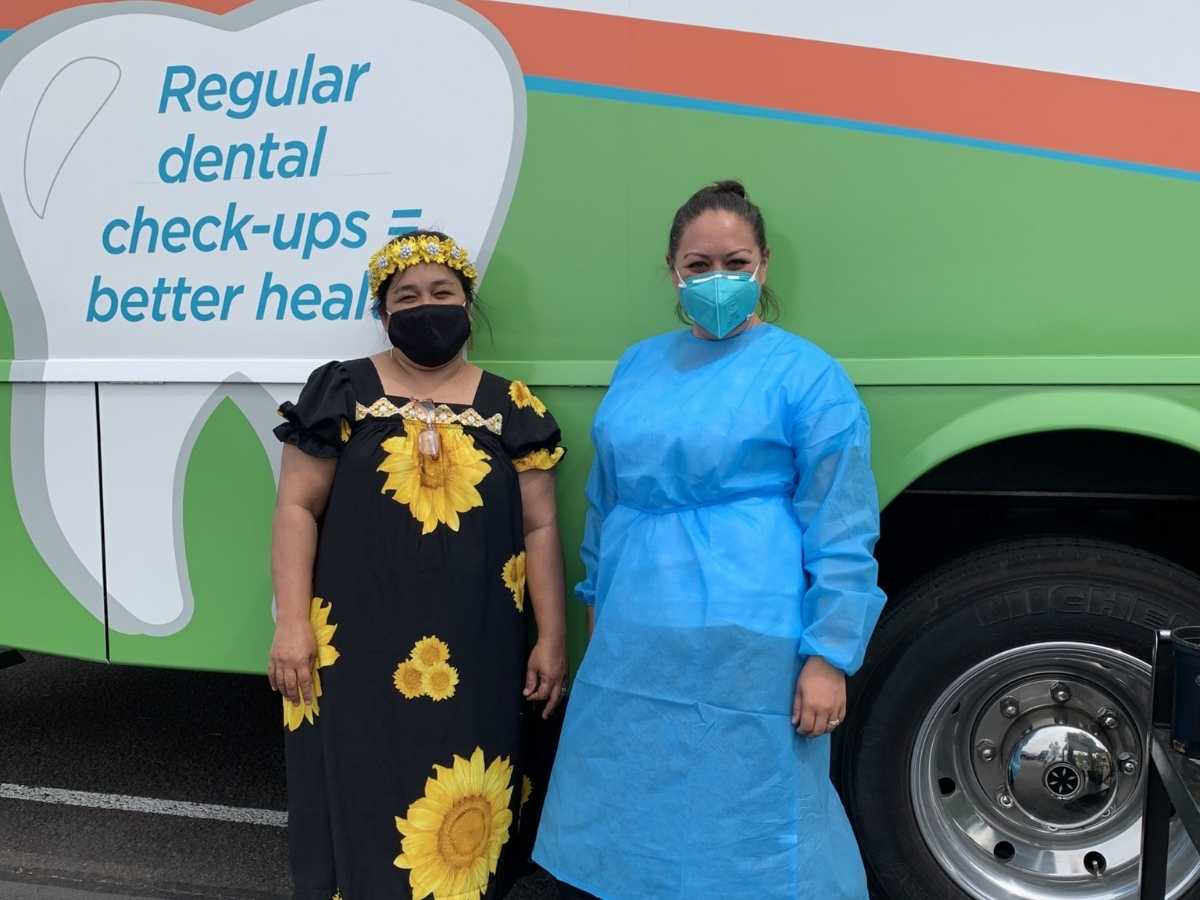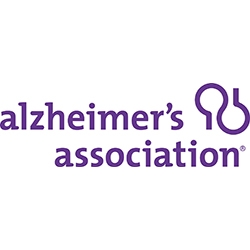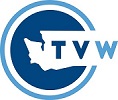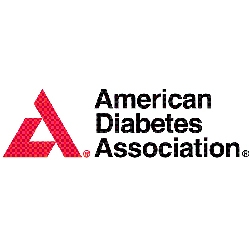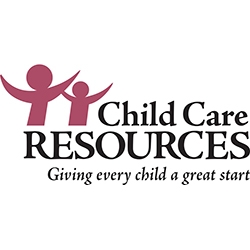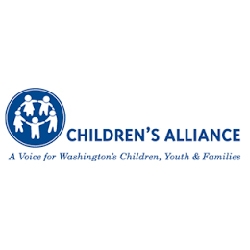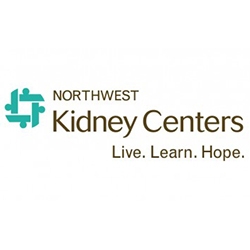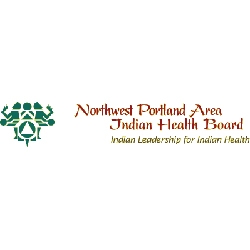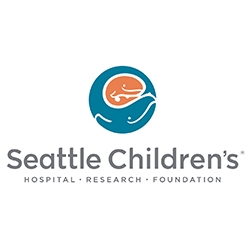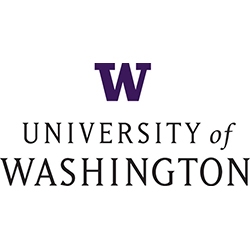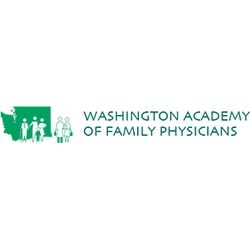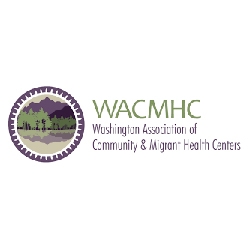We Bend the Arc of Oral Health Toward Equity
Everyone deserves a healthy smile. But disparities make good oral health difficult for some to achieve. At Arcora Foundation, we work with partners to bridge the oral health equity gap to ensure all people can have good oral and overall health. Our name reflects our mission—bending the arc of oral health toward equity.

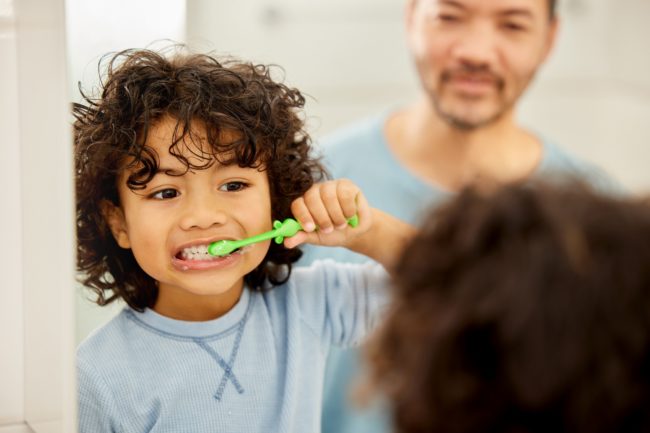
Why Oral Health Matters
Oral health is essential to overall health. Research links poor oral health to conditions like:
The health of your mouth is one of the most visible indicators of economic inequality. When more people have healthy smiles, everyone benefits. Kids thrive in the classroom. Adults have better job opportunities.
Latest News and Trainings
- Partnerships provide policy wins in 2024 legislative session
 By Alison Mondi, Arcora Policy Director The 2024 Legislative Session ended on March 7. We… Read more: Partnerships provide policy wins in 2024 legislative session
By Alison Mondi, Arcora Policy Director The 2024 Legislative Session ended on March 7. We… Read more: Partnerships provide policy wins in 2024 legislative session
- Oral-Systemic Health and Impact on Dental Treatment in Older Patients
 Start the Course (2-HRS, recorded webinar) Arcora Foundation is proud… Read more: Oral-Systemic Health and Impact on Dental Treatment in Older Patients
Start the Course (2-HRS, recorded webinar) Arcora Foundation is proud… Read more: Oral-Systemic Health and Impact on Dental Treatment in Older Patients

